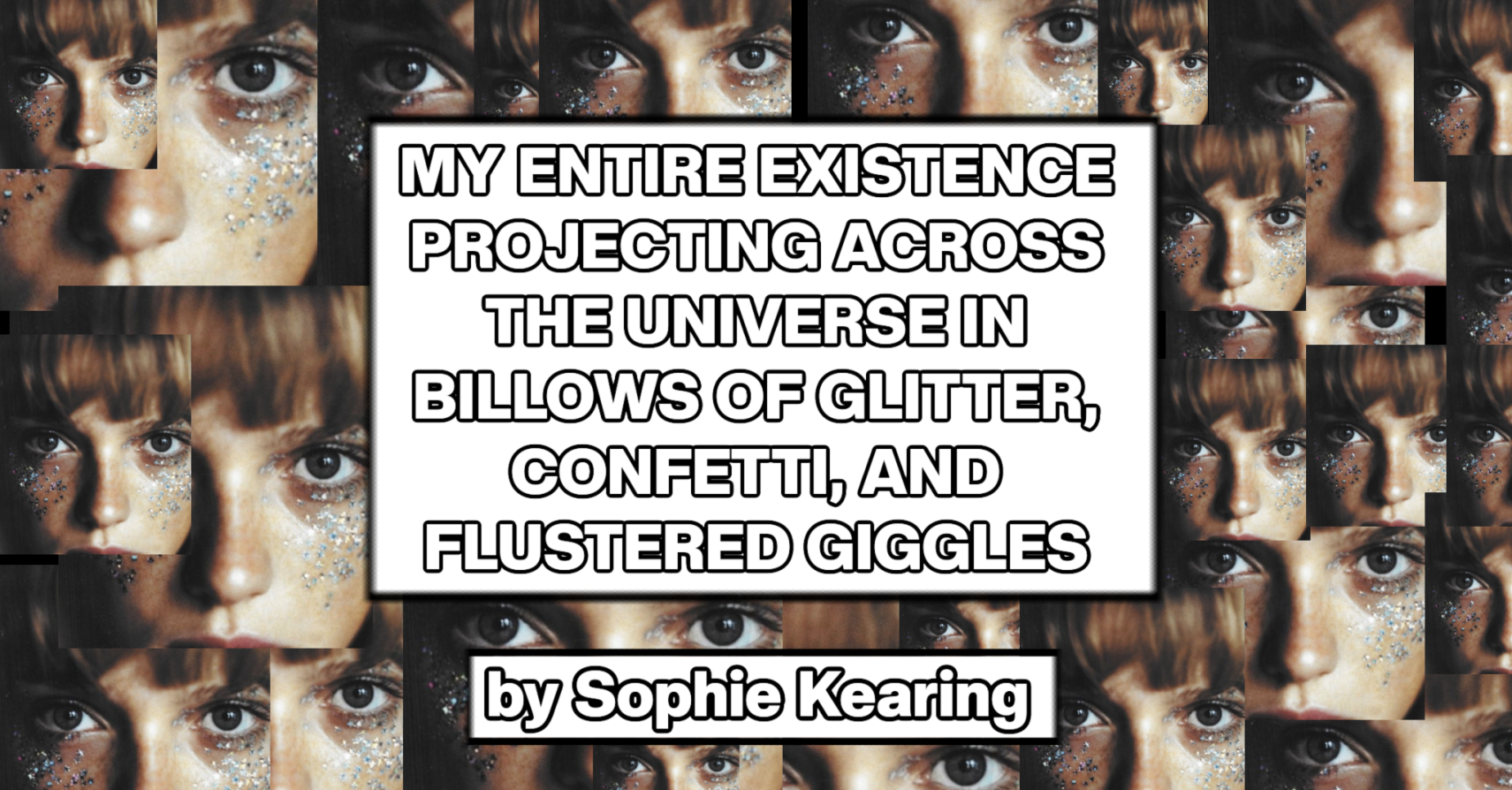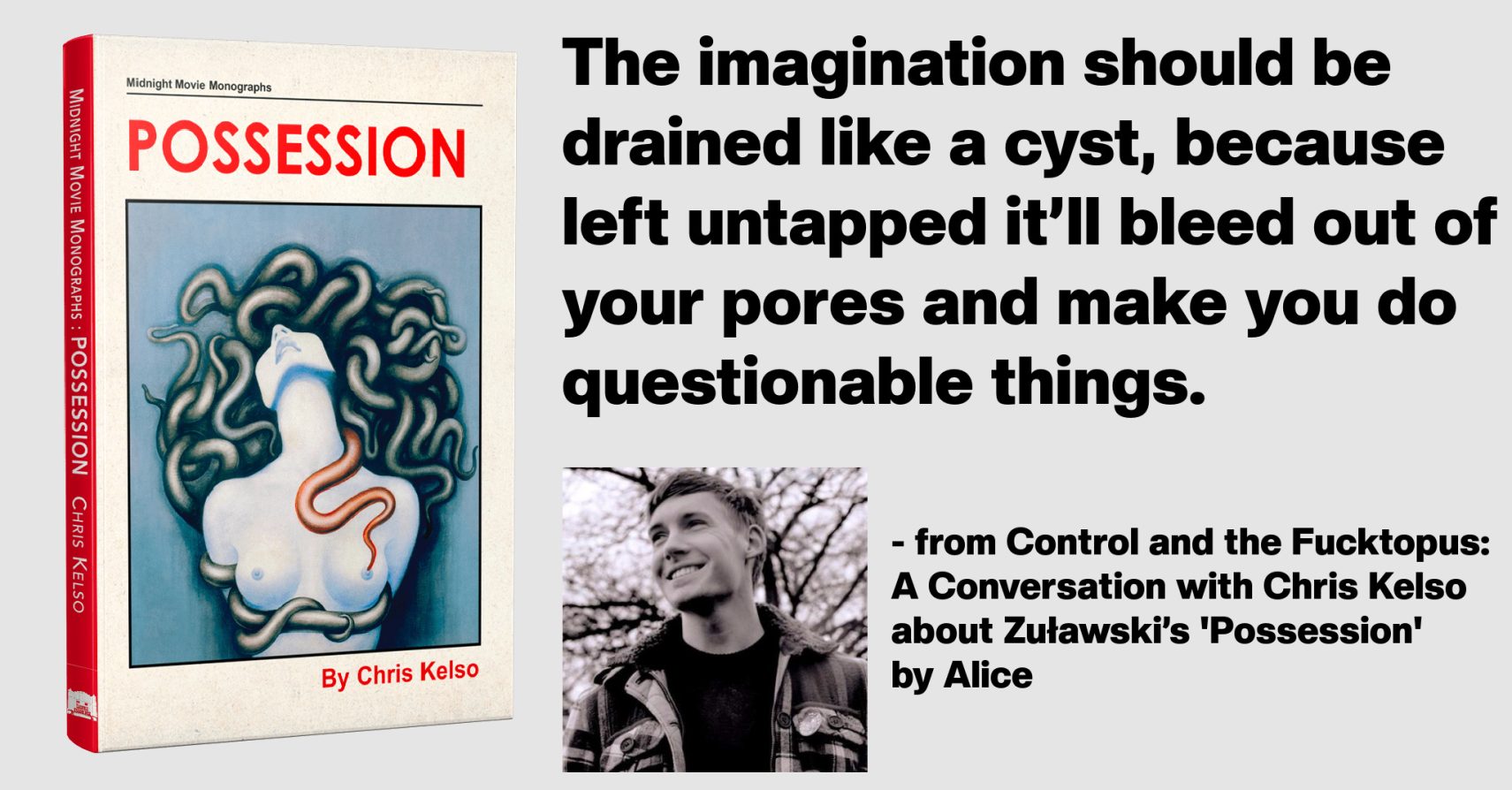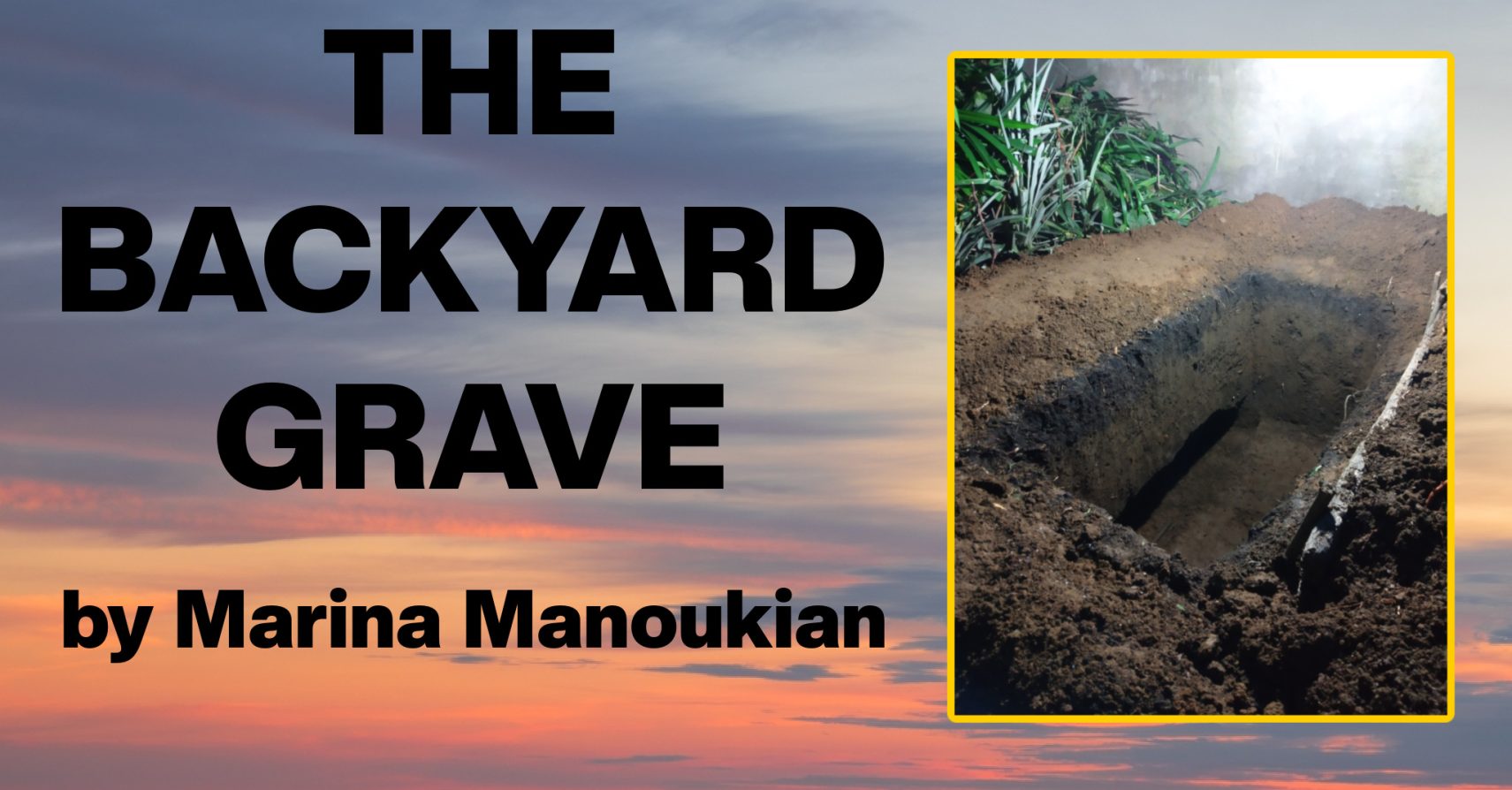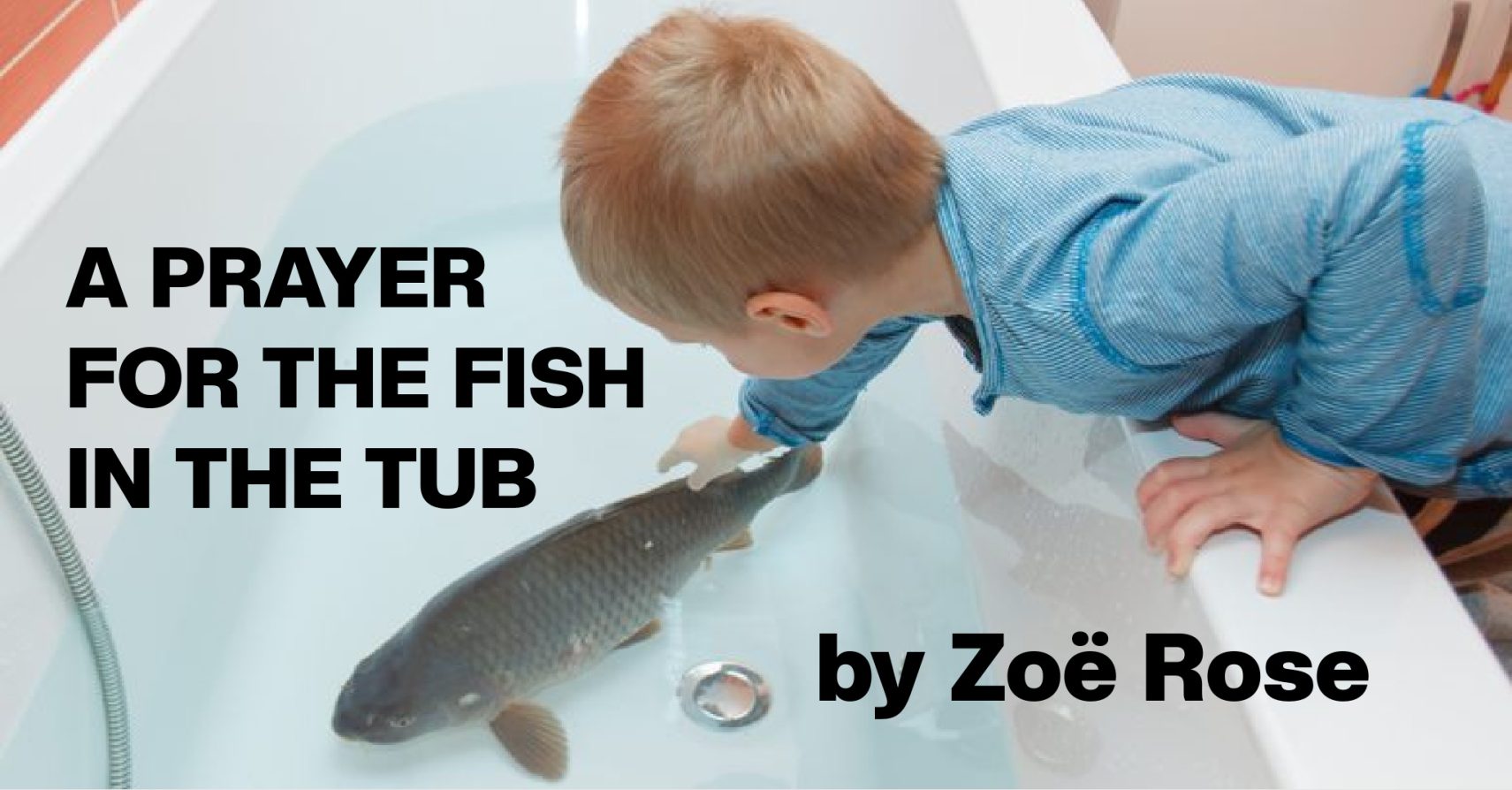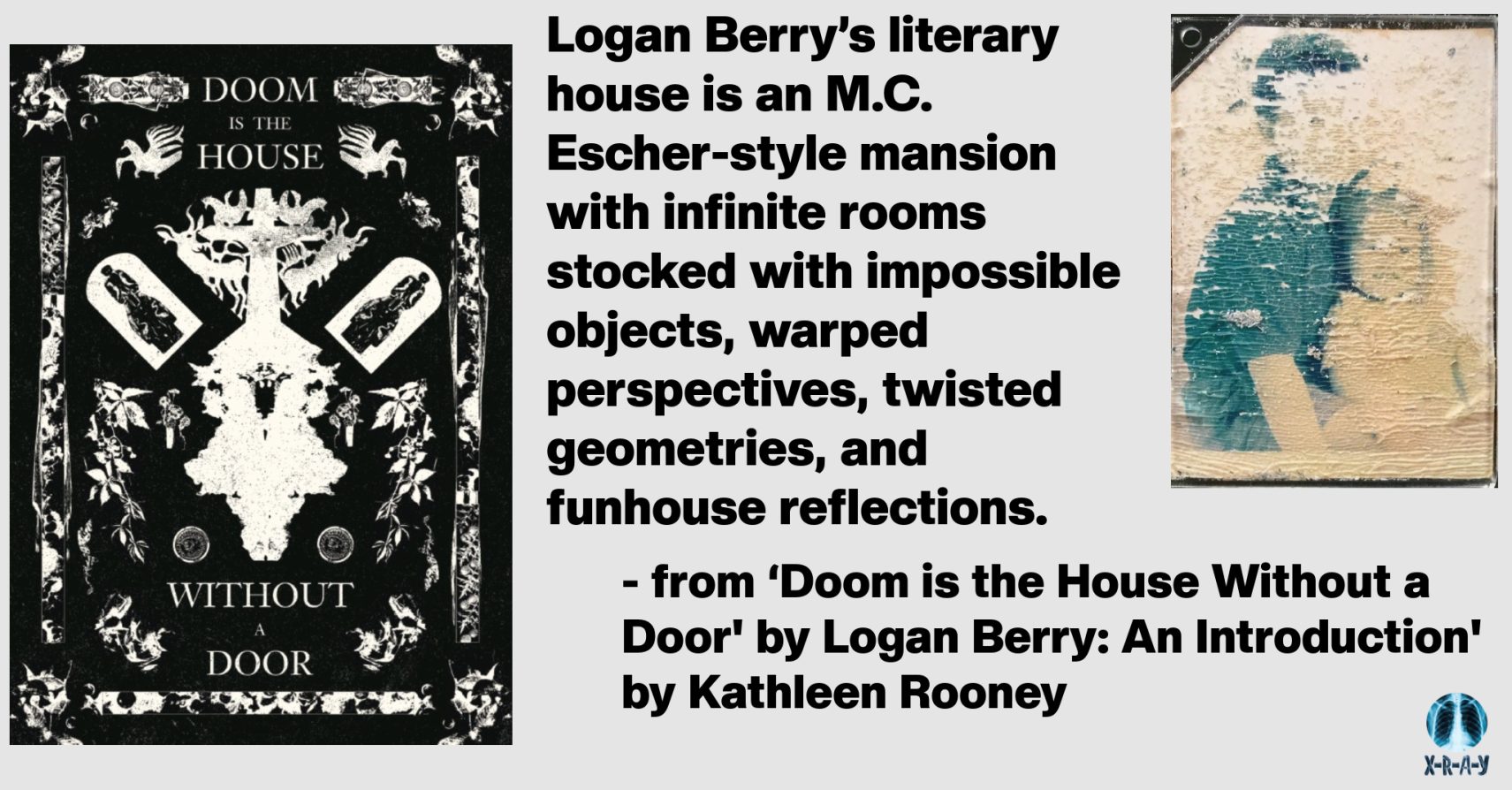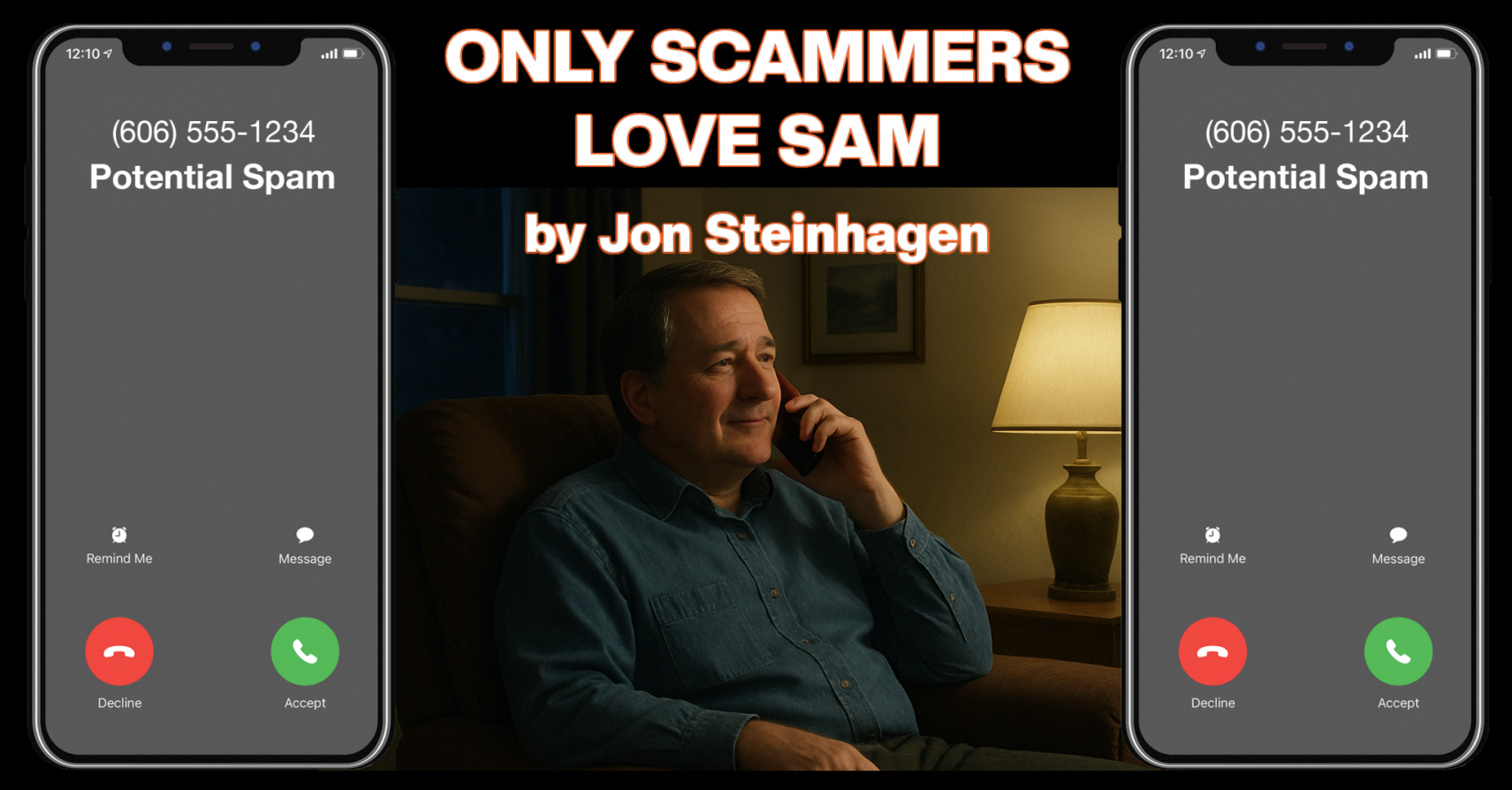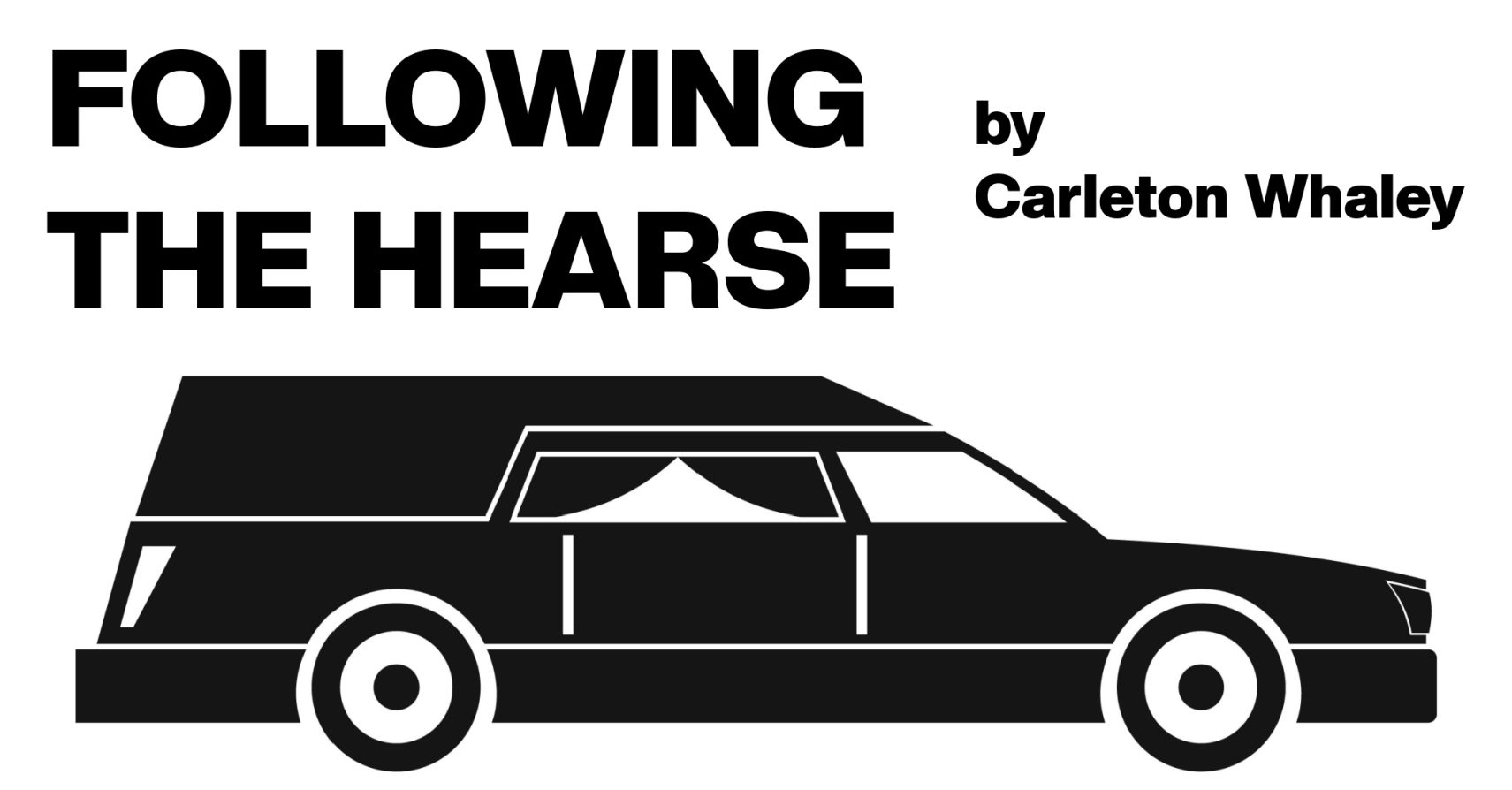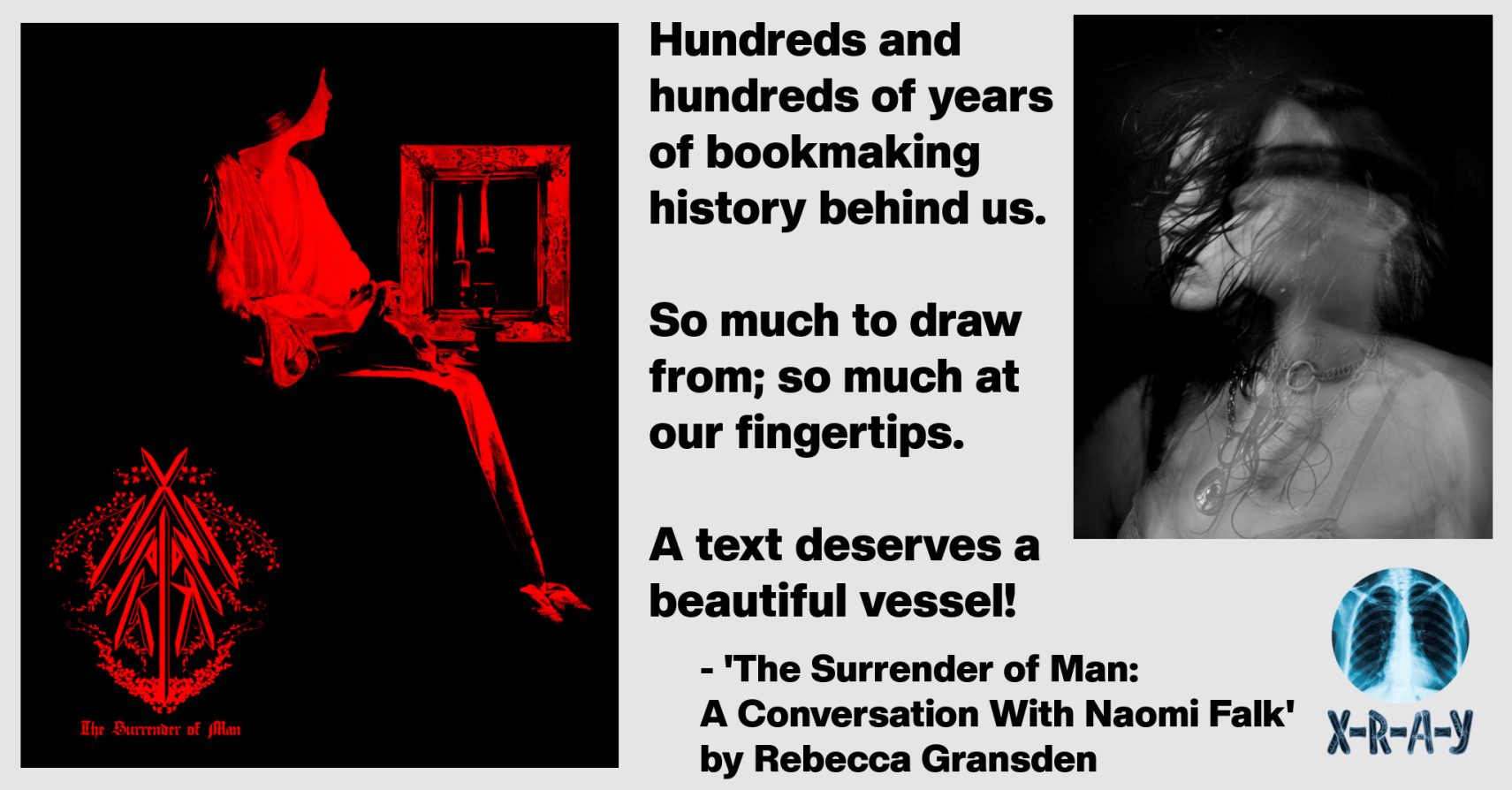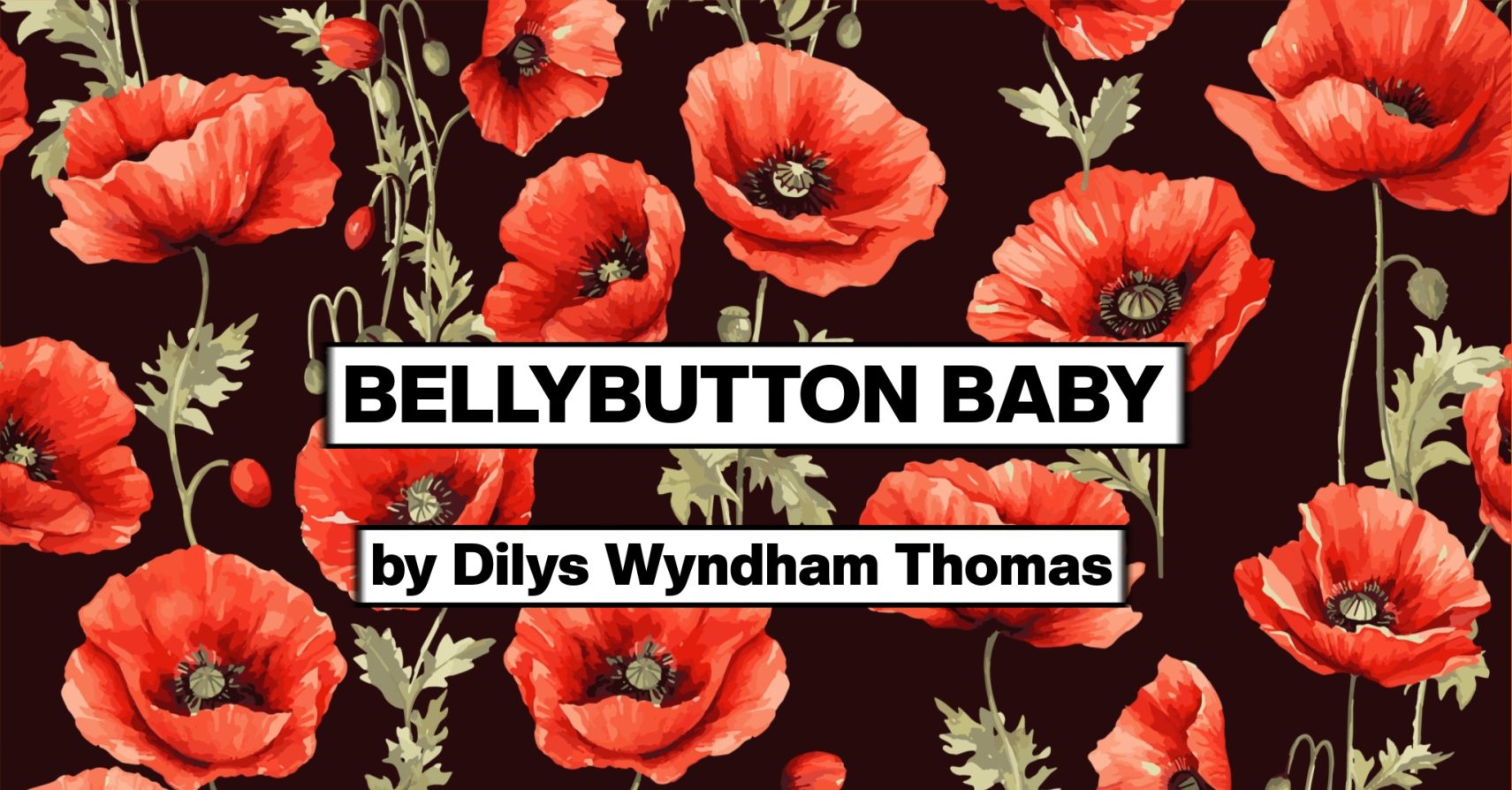
BELLYBUTTON BABY by Dilys Wyndham Thomas
I have this recurring nightmare in which I swim through amniotic fluid. Poppies litter the fluid, and a baby is lost somewhere amongst all the falling flowers, out of reach, beyond my thrashing hands. To keep the nightmare at bay, I lay awake in yet another hotel room, avoiding sleep. The man in bed with me has his back turned, constellations of freckles scattered on sunburnt skin. It’s obvious from the way his body teeters on the edge of the mattress that he has decided I am a one-night stand. I run my fingers along the map that is this…

